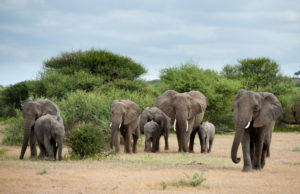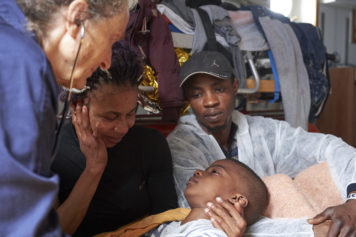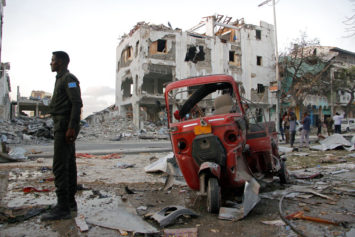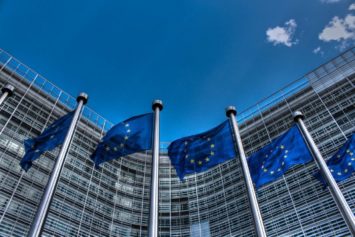
Elephants on an African Reserve (Photo via safaribookings.com)
The struggle against wildlife trafficking has been given a much-needed boost after the European Union approved a series of measures to tackle the surge in the illegal trade.
Ministers on the EU’s Environment Council agreed to set in motion a five-year plan that would define illegal wildlife trafficking as a serious crime for the first time.
The plan aims to prevent trafficking, reduce supply and demand for illegal products, toughen existing laws, combat organized crime and boost cooperation between countries.
As one of the world’s most lucrative criminal activities, raking in up to 20 billion Euros ($23 billion) annually, illegal wildlife trade ranks fourth globally in terms of value behind trafficking in drugs, trafficking in people and counterfeiting.
Wildlife trafficking has helped fund extremist and militia groups, particularly in Africa — Somalia’s al-Shabab, Uganda’s rebel Lord’s Resistance Army and Sudanese armed groups have all been implicated in the illicit ivory trade.
A crucial component of the plan is providing funding support to African countries and promoting projects for local people there to find alternative sources of income.
The EU’s plan has the potential to make a real dent in the illegal wildlife trade, given that Europe acts as a large market, transit route and source of it. The continent accounts for around a third of all ivory seizures worldwide, with Belgium, France, Portugal and the UK acting as key transit routes.
The International Fund for Animal Welfare, which helped advise the EU on developing the plan, welcomed the move.
Robert Kless, campaign leader for the IFAW in Germany, said: “The wildlife trade is a transnational problem which we can only effectively address together at an EU-wide level.”
Pointing to several large ivory seizures in Europe in May, Kless said many European states are aware that they must take rigorous action.
“France leads the way with a good example by totally banning the ivory trade — but that’s only of any use when legislation corresponds with those of neighboring countries, otherwise the trade simply relocates elsewhere.”
The EU estimates that around 1,000 rangers are believed to have been killed in anti-poaching operations around the world over the past decade. Ivory, tiger products, tropical timber, rhino horn and exotic birds are among the most valuable wildlife products on the black market.
Read more here.


